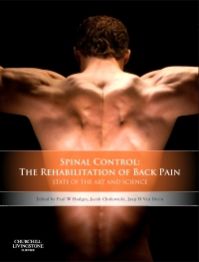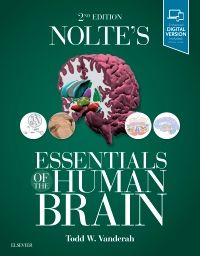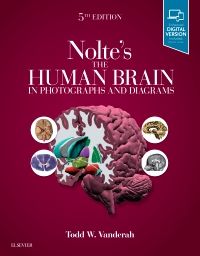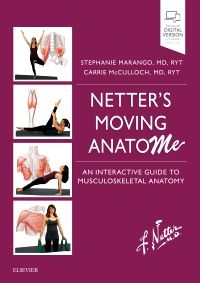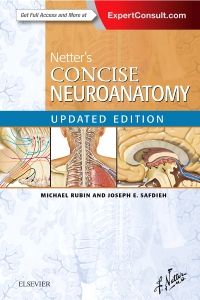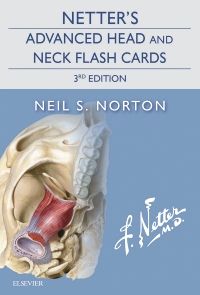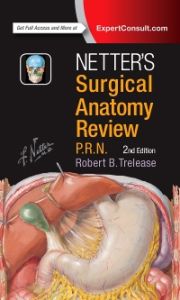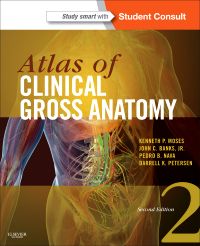Spinal Control: The Rehabilitation of Back Pain, 1st Edition
State of the art and scienceFor the first time, international scientific and clinical leaders have collaborated to present this exclusive book which integrates state-of-the-art engineering concepts of spine control into clinically relevant approaches for the rehabilitation of low back pain. Spinal Control identifies the scope of the problem around motor control of the spine and pelvis while defining key terminology and methods as well as placing experimental findings into context.
Spinal Control also includes contributions that put forward different sides of critical arguments (e.g. whether or not to focus on training the deep muscles of the trunk) and then bring these arguments together to help both scientists and clinicians better understand the convergences and divergences within this field.
On the one hand, this book seeks to resolve many of the issues that are debated in existing literature, while on the other, its contributing opinion leaders present current best practice on how to study the questions facing the field of spine control, and then go on to outline the key directions for future research.
Spinal Control – the only expert resource which provides a trusted, consensus approach to low back pain rehabilitation for both clinicians and scientists alike!
For the first time, international scientific and clinical leaders have collaborated to present this exclusive book which integrates state-of-the-art engineering concepts of spine control into clinically relevant approaches for the rehabilitation of low back pain. Spinal Control identifies the scope of the problem around motor control of the spine and pelvis while defining key terminology and methods as well as placing experimental findings into context.
Spinal Control also includes contributions that put forward different sides of critical arguments (e.g. whether or not to focus on training the deep muscles of the trunk) and then bring these arguments together to help both scientists and clinicians better understand the convergences and divergences within this field.
On the one hand, this book seeks to resolve many of the issues that are debated in existing literature, while on the other, its contributing opinion leaders present current best practice on how to study the questions facing the field of spine control, and then go on to outline the key directions for future research.
Spinal Control – the only expert resource which provides a trusted, consensus approach to low back pain rehabilitation for both clinicians and scientists alike!
Key Features
- Covers the most important issues in spine control research
- Illustrates the clinical relevance of research and how this is or can be applied in clinical practice
- Edited and written by world leading experts, contributing first class content on different aspects of spine control
- Chapters that bring together the expertise of these world leaders on topics such as neuromotor mechanisms of spine control, proprioception, subgrouping in back pain and modelling spine stability
- An extensive and illustrated clinical consensus chapter that brings together the philosophies of clinical opinion leaders for the first time
Author Information


